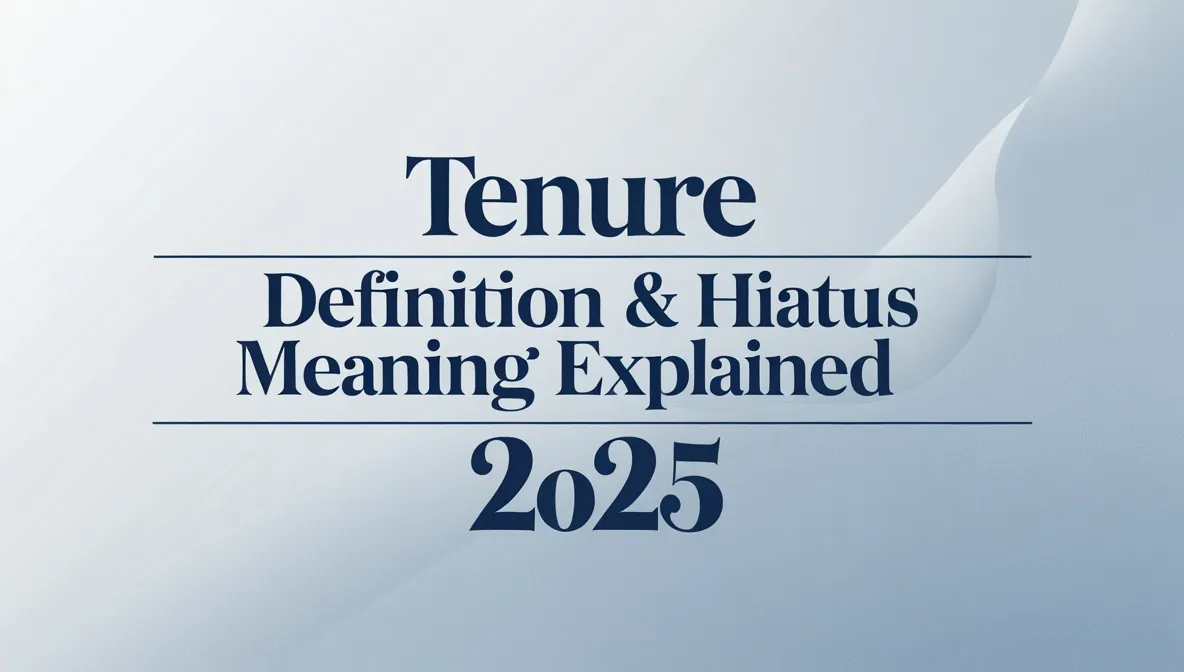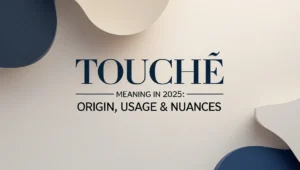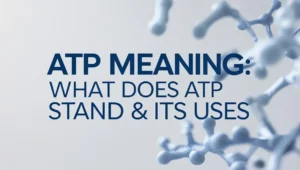As the workplace and educational systems continue to evolve in 2025, understanding foundational terms like tenure and hiatus is crucial. Whether you’re building a long-term career in academia, transitioning in the corporate world, or taking a well-earned break, knowing the tenure definition and the hiatus meaning can help you navigate your journey confidently. These terms aren’t just jargon — they reflect deeper trends in job security, mental health, and personal growth in today’s world.
What is Tenure? Understanding the Tenure Definition in 2025
Tenure refers to a long-term or permanent position, usually granted after a probationary period. Most commonly associated with academic institutions, tenure protects employees from being dismissed without substantial cause. In 2025, the concept of tenure is being adapted and expanded beyond universities.
Today, tenure isn’t only about job security — it symbolizes recognition, trust, and professional freedom. Educators, researchers, and even professionals in public and private sectors view tenure as a milestone that reflects their commitment and value to an organization.
In modern settings, achieving tenure means:
- You’ve demonstrated consistent excellence over time.
- You’re granted stability and protection from sudden job loss.
- You have the freedom to express ideas or research without fear of retribution.
As workplaces become more dynamic, some institutions are also redefining what tenure looks like. Instead of a lifetime guarantee, tenure may now come with periodic evaluations, flexible contracts, or hybrid terms adapted to modern work models.
What Does Hiatus Mean? Hiatus Meaning Explained Simply
A hiatus is a break or pause from a regular activity — whether it’s work, study, or a creative endeavor. This term has become increasingly relevant in 2025, as more people prioritize mental health, career realignment, and personal well-being.
Taking a hiatus doesn’t mean giving up — it often means stepping back to move forward. People take hiatuses for many reasons, such as:
- Traveling or pursuing personal interests
- Managing health or family responsibilities
- Gaining clarity before a career shift
- Avoiding burnout after long periods of work
Unlike resignation or quitting, a hiatus is a temporary and often intentional pause. It’s used as a tool for reflection, healing, and growth.
In today’s world, a well-structured hiatus is even seen as a strength, not a weakness. Many employers now support sabbatical-style policies, career breaks, or “returnship” programs to welcome professionals back after time away.
Tenure vs. Hiatus: Key Differences and Modern Relevance
Though both tenure and hiatus relate to professional life, they represent opposite ideas. Tenure is about permanence and commitment, while a hiatus is about pausing and reflection.
Tenure represents security — a fixed place in an institution. It signals that you’ve reached a level of trust where your position is protected. On the other hand, a hiatus is a deliberate break, giving you space to think, recharge, or explore new directions.
In 2025, both are valuable in different ways:
- Tenure is ideal for those seeking long-term stability, such as teachers, researchers, and high-level professionals who want to make a lasting impact.
- Hiatus is best for those feeling overwhelmed, burnt out, or uncertain about their next steps, offering a healthy reset without permanent detachment.
There’s no right or wrong choice — only what suits your current phase of life and career. In fact, many people pursue both at different times, proving that career paths are no longer linear.
Why Tenure and Hiatus Matter More Than Ever in 2025
In today’s changing job market, people are no longer sticking to one job for 30 years — nor are they afraid to take time off to prioritize themselves. This is why both tenure and hiatus are central to conversations about work-life balance and long-term growth.
Here’s why they’re especially relevant now:
- The rise of burnout has made planned hiatuses not just acceptable, but necessary.
- Workplace loyalty is shifting, making tenure a rare but prestigious goal.
- Remote work and flexible jobs allow people to reimagine when and how they commit or take breaks.
- Academic institutions and companies are rethinking their policies to attract and retain top talent with a mix of tenure-track roles and mental health support.
Understanding these terms helps you plan better, whether you’re aiming for professional recognition through tenure or choosing a short pause to find clarity through a hiatus.
Unique FAQs About Tenure and Hiatus in 2025
1. Is tenure still valuable in 2025? Yes. While it’s less common outside of academia, tenure is still highly valued for the stability and recognition it provides.
2. Can taking a hiatus hurt my career prospects? Not anymore. In 2025, many employers see a well-explained hiatus as a sign of self-awareness, maturity, and intentional planning.
3. How long should a hiatus be? There’s no fixed rule — it can range from a few weeks to a year. The key is to have a clear purpose and plan for your return.
4. What fields still offer traditional tenure? Academia, some healthcare systems, and government sectors still follow traditional tenure tracks, although with evolving rules.
5. Should I mention a hiatus on my resume or cover letter? Yes — and do it with confidence. Briefly explain the reason and highlight what you gained during the break.
Conclusion
In 2025, the terms tenure and hiatus carry deeper meaning than ever before. Tenure represents achievement, stability, and long-term commitment — a goal that brings professional fulfillment and recognition. Hiatus, on the other hand, reflects the courage to pause, the wisdom to reflect, and the strength to reset.
Whether you’re aiming for career longevity through tenure or seeking peace and clarity through a hiatus, both paths are valid. The key is to understand where you are now — and where you want to go next.
Let your choices serve your growth, not just your job title.
















